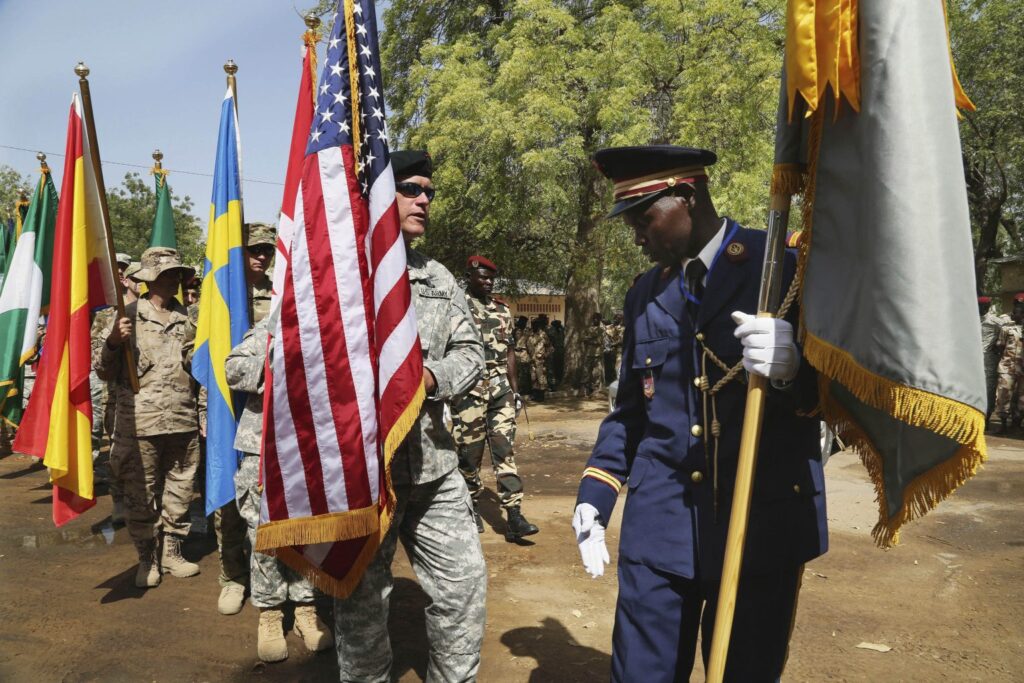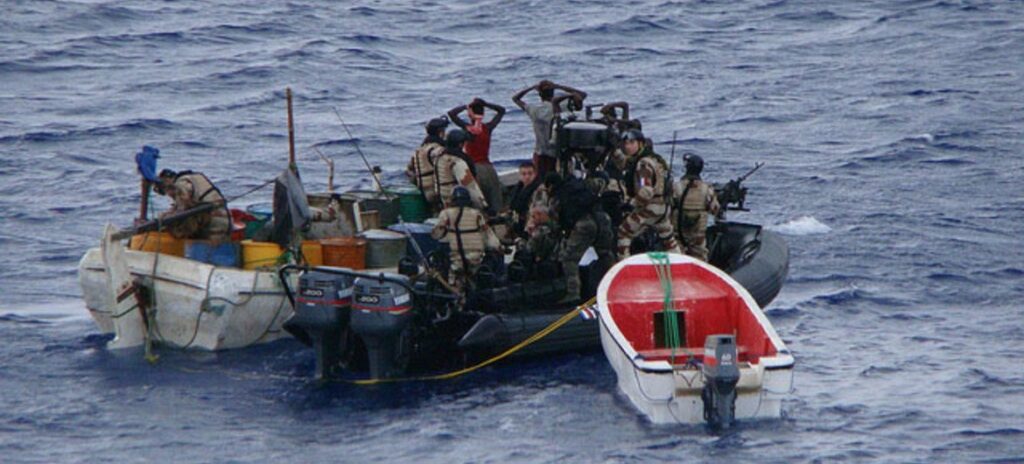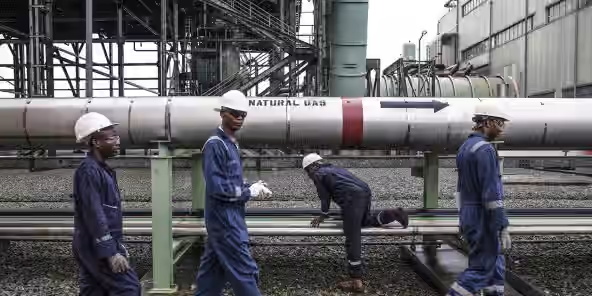Toward a framework for transatlantic cooperation on non-state armed groups

Introduction
Non-state armed groups (NSAGs) pose a thorny policy dilemma for US and European officials trying to stabilize fragile states.1 NSAGs are far from homogenous in their motivations, tactics, and structure, resulting in highly varied roles in either perpetrating or mitigating violence, with many playing a part in both. On one side, NSAGs can create instability by using violence to advance a range of interests, from political influence and financial gain to challenging a central government’s legitimacy or territorial control. Many NSAGs are directly responsible for civilian harm, including perpetrating targeted violence, persecuting, killing and committing brutal abuses against citizens.2 There is no shortage of examples of NSAGs that fit this mold. From Boko Haram in Northeast Nigeria to Katibat Macina in Mali, armed groups have wreaked havoc on the lives of civilians as well as US and European security interests.







